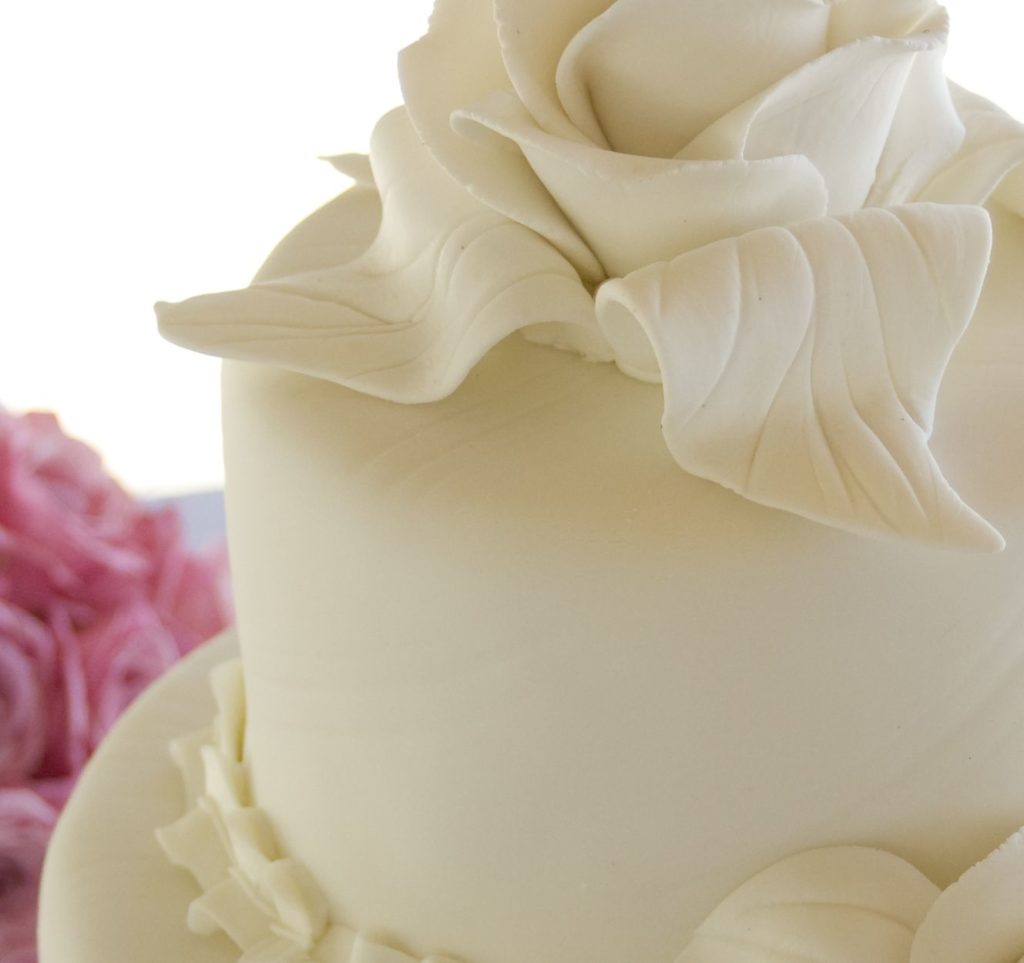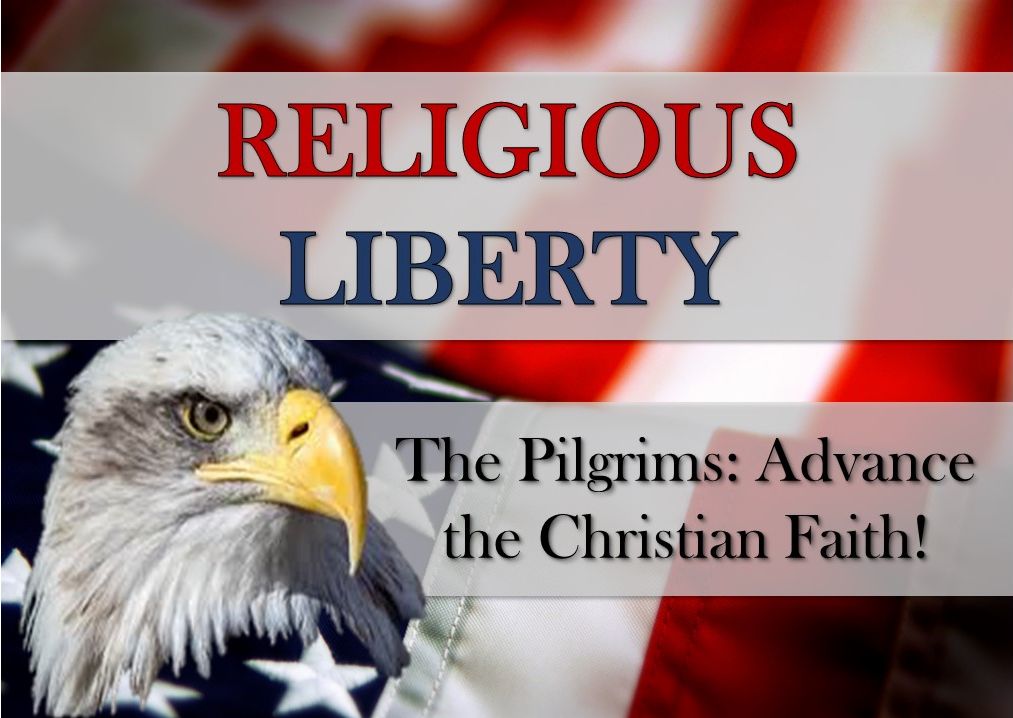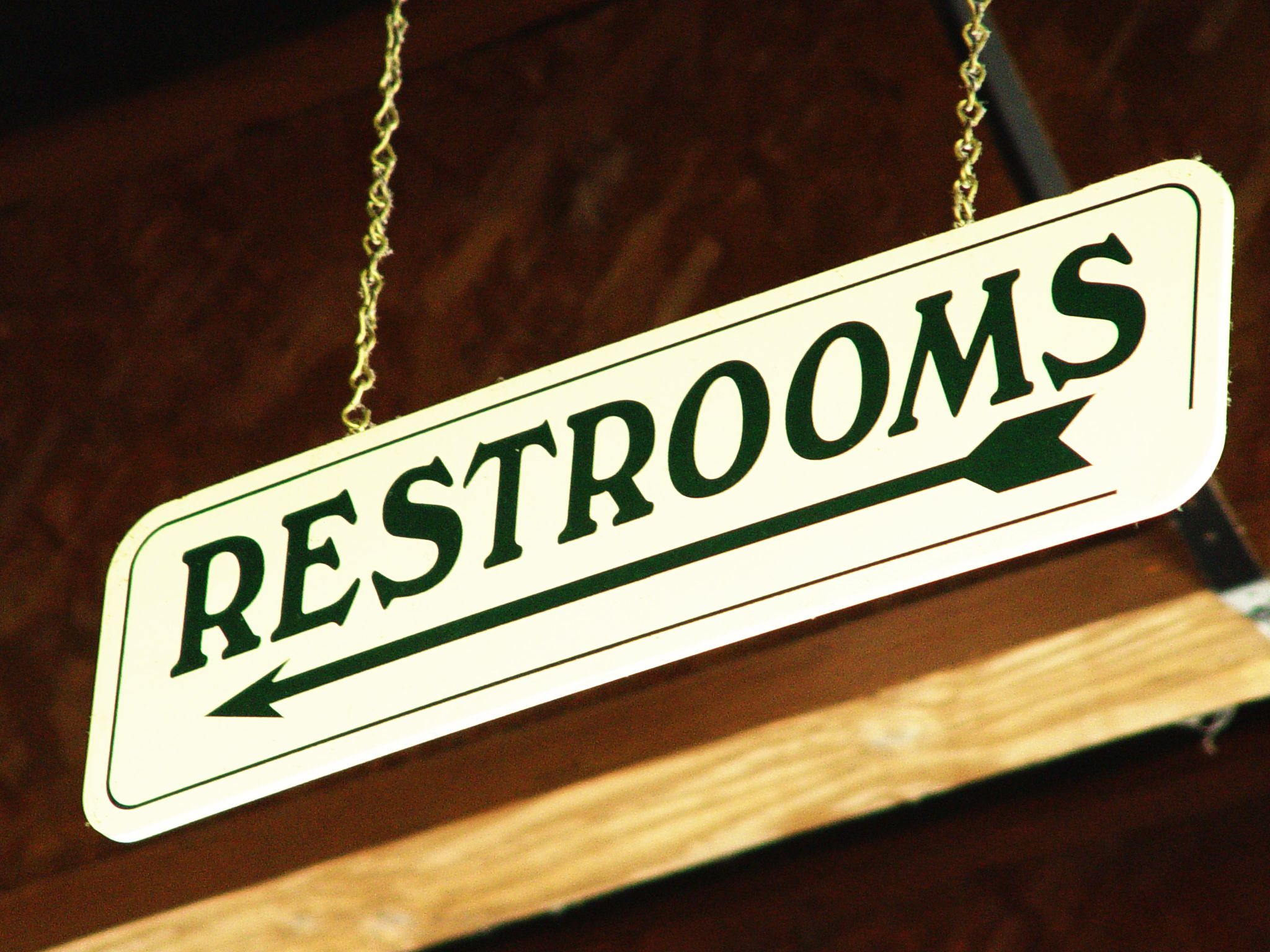 Like many folks around the nation, I waited with anticipation for months while the United States Supreme Court deliberated over Masterpiece Cakeshop vs. Colorado Civil Rights Commission. The case centered around Jack Phillips, the Christian baker who refused to design a wedding cake for a same-sex couple. The Commission claimed that Phillips discriminated based upon the couple’s sexual preference, thereby violating Colorado’s public accommodation laws. Phillips argued that he was more than willing to sell any of his pre-made goods to the couple; he just could not conscientiously design a cake celebrating a gay marriage. To Phillips, that would constitute speaking in support of such a union, which he refused to do.
Like many folks around the nation, I waited with anticipation for months while the United States Supreme Court deliberated over Masterpiece Cakeshop vs. Colorado Civil Rights Commission. The case centered around Jack Phillips, the Christian baker who refused to design a wedding cake for a same-sex couple. The Commission claimed that Phillips discriminated based upon the couple’s sexual preference, thereby violating Colorado’s public accommodation laws. Phillips argued that he was more than willing to sell any of his pre-made goods to the couple; he just could not conscientiously design a cake celebrating a gay marriage. To Phillips, that would constitute speaking in support of such a union, which he refused to do.
When the Supreme Court handed down its verdict, I was both pleased and disturbed. Pleased because the ruling favored Phillips. Disturbed because it skirted the real issue at hand.
The underlying question in the case, which many of us hoped the Court would address, is whether Christians will be forced to put a stamp of approval on events (such as same-sex “marriage”) that stand in opposition to their religious beliefs. The American judicial system often looks to precedence when ruling in cases, and this was an excellent opportunity for SCOTUS to definitively recognize the rights guaranteed in the First Amendment: the right for American citizens to be free from governmental obtrusion into religion and the right to speak freely about what we believe.
When reading the majority opinion, one can almost sense a collective sigh of relief by the justices that they could rule in favor of Phillips but not have to touch the hot potato of same-sex marriage. Their judgment was based upon the Colorado Civil Rights Commission’s obvious hostility toward the religious views of Philips. Additionally, the Colorado Court of Appeals had showed its bias in ruling in favor of other bakers who refused to make cakes displaying anti-gay messages. Without this bias and hostility, the outcome may have been different.
Justice Thomas, in his concurring opinion, to which Justice Gorsuch joined, dared to face the real issue at hand. The majority opinion only dealt with half of the issue—freedom of religion. Because the Commission showed hostility toward the religious beliefs of Phillips, he won the case. Thomas, however, grasped the hot potato in his bare hands and bravely declared that designing such a cake would constitute speech in favor of the union, and therefore the government had no right forcing such an action upon Phillips.
Kudos to Justices Thomas and Gorsuch for actually understanding the Constitution.
We all know that this subject will come up again soon. How the Court will rule when there is no escape hatch is anybody’s guess.
The First Amendment is a gift to our nation. It recognizes our freedom to act and speak according to what we believe. If someone wants to design a cake displaying an anti-gay message, that’s fine as far as the First Amendment is concerned. If someone wants to make a cake displaying gay pride, that is also a protected right.
We have the First Amendment for a purpose: to keep the government out of our private affairs. We can only hope and pray that our current justices will recognize this and check bias at the door.
For more information about the history of religious liberty in America, see http://benhammond.org/religious-liberty-articles/.
Also see my article “Why I don’t Argue for Traditional Marriage.”



